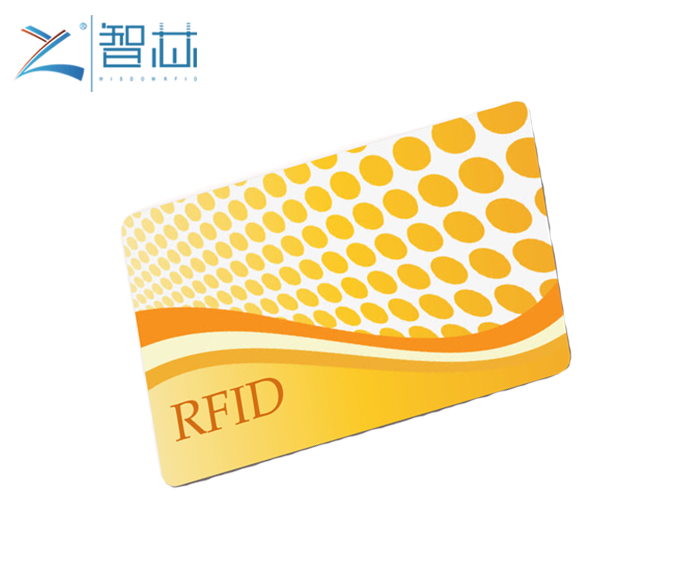Company News
Oct. 28, 2019
With the development of the Internet of Things industry, RFID technology has become more and more popular, and it is applied in our daily life, bringing convenience and convenience to people's lives. The essence of RFID is to realize the identity and information identification of items by means of radio frequency technology (RF).
From the procurement, storage, packaging, loading and unloading, transportation, distribution, sales to service, the entire supply chain is interlocked. Enterprises must grasp the flow and changes of the entire business flow, logistics, information flow and capital flow in real time and accurately, while RFID effectively provides the retail industry with input/output of business operation data, control and tracking of business processes, and reduction. Error rate, etc. Therefore, the attractiveness of RFID technology to the retail industry that focuses on logistics and inventory management is considerable, and the retail giants have also placed great enthusiasm on it.
This article will take a look at the four major application scenarios of RFID in the retail industry:
Application scenario 1: supermarket store based on Retail RFID Sticker supply chain management

RFID Cards
In recent years, the rapid development of RFID technology has brought leap-forward development opportunities for the supply chain management of the retail industry. With the international retail giants such as Wal-Mart, Marks & Spencer, Metro, Albertson, and Target, releasing the mandatory use of RFID supply chain management technology, the competition between the finished product supply chain has become the key to the success of the future retail industry competition.
Application scenario 2: RFID-based inventory management for footwear retailers
With the increasing penetration of RFID tags in the retail industry, apparel is gradually introducing RFID technology into the entire management system. It is expected that penetration will increase rapidly in the next few years. According to statistics, at the end of 2016, the global chain retail industry, which is dominated by clothing, demanded more than 5 billion RFID tags. Such as foreign Decathlon, ZARA, Uniqlo, domestic Haishu home, La Chapelle, UR, etc. have fully implemented RFID projects.
RFID electronic tags are used in the apparel industry for two reasons. First, the labels in this scenario are consumables. Once the electronic tags are transferred to the final link, that is, the consumers, the mission of the electronic tags is completed. Another reason is that due to its lower and lower manufacturing costs, the average cost of a single electronic tag in this application scenario in China is less than 1 yuan, which is generally for the price of a piece of clothing. Less than 1%.
Application scenario 3: RFID application for unattended convenience stores
Unmanned convenience stores are well-established, but they are basically inseparable from RFID technology. RFID tags are attached to each item for checkout, and monitoring systems and remote customer service are also available.
Application scenario 4: Application of supply chain Logistic RFID Sticker
Through the use of RFID technology, it can improve the transparency of the supply chain logistics management and inventory turnover rate, effectively reduce the loss of stocks and improve the logistics efficiency within the enterprise.
Fast: The logistics efficiency is fast, the number of goods is transferred quickly, and the efficiency of logistics operations is improved;
Second standard: The data is accurate, and the data collection of the goods is accurate in all aspects of logistics management.
According to the current status of warehousing management and the feasibility study of RFID technology in logistics management, the advanced RFID data collection means embedded in the WMS system can realize the management of the location and tray of RFID tag identification. In this way, it can not only realize the informationization and modernization of enterprise logistics management, but also improve the logistics management level and management efficiency of enterprises, and reduce the management cost of enterprises.
From the perspective of the future development of Sino-foreign logistics, network information construction is the future development trend of warehousing logistics. The new technology represented by the Transportation High Frequency RFID Cards is profoundly affecting the warehouse management and warehousing management system, and even breeds a “logistics revolution”.
Copyright © Shenzhen Zhixin RFID Tag Co., LTD All Rights Reserved | Sitemap Technical Support: